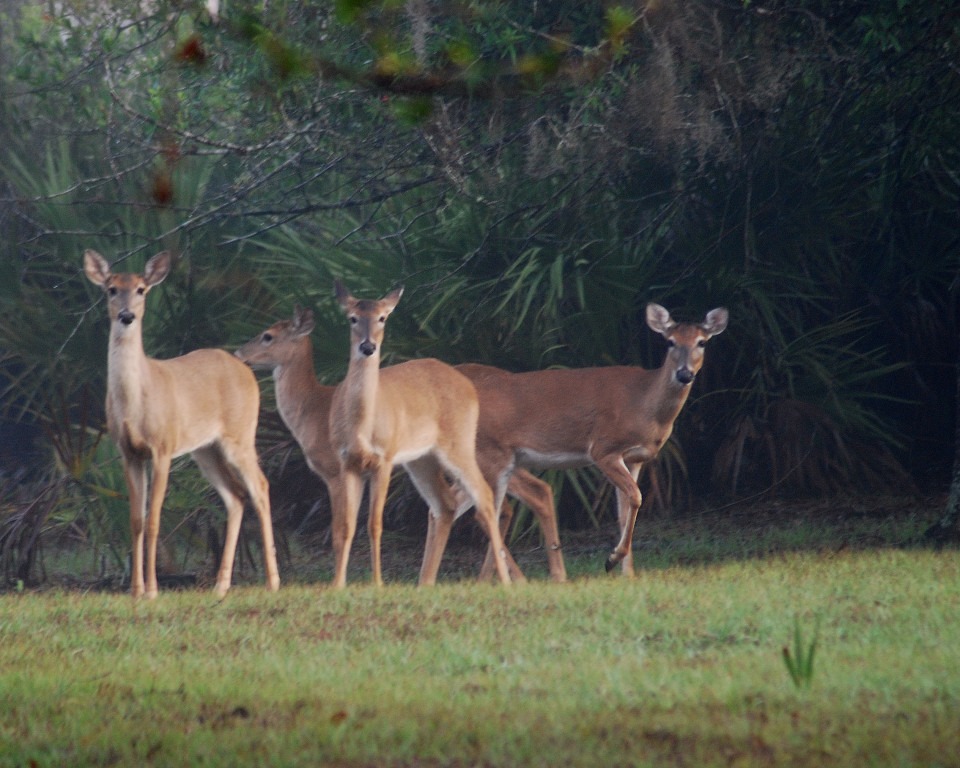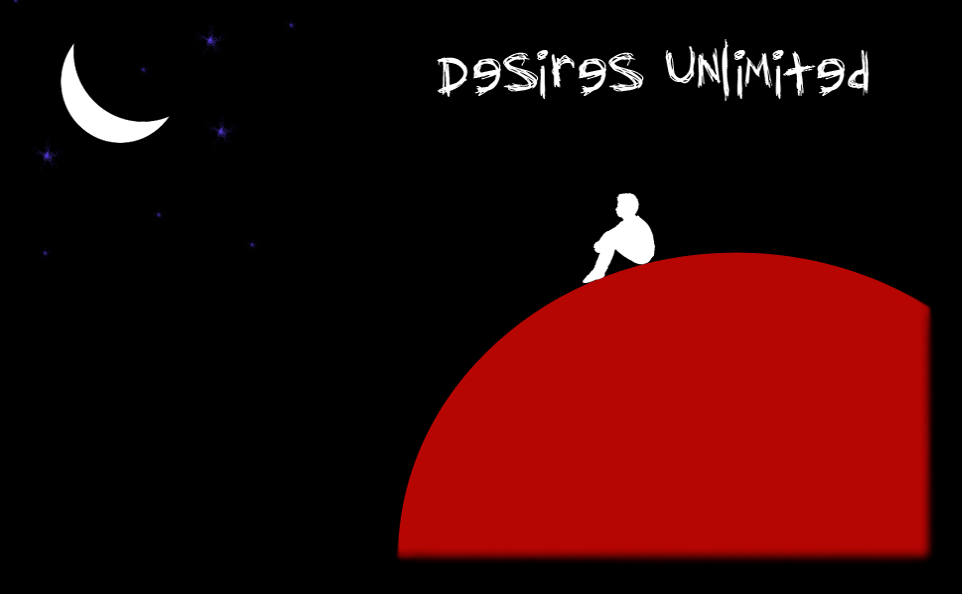Today, let's just get wild. Let's be spooky. Let's dig deep.
I just got this email, which I quote with a big blush, since it's so nice, but it asks a very deep question, and asks it well. It will also give you an idea of the sort of emails I get that don't fit into the "how to run a company, build an exceptional career, or deal with daily life" genres, but that can keep someone awake at night.
Dear Dr. Morris.
I am a joyous follower and admirer of you and your work, both philosophical and otherwise. I think you are a wonderful human being, and a great philosopher and writer. As such, I am led to ask you a very deep and pressing question, and share with you a problem I've encountered dealing with it.
Questions: What exactly does it mean for something to exist? What is existence itself?
I asked thus because yesterday I was in a conversation with a friend, and he proposed that the only things that actually exist are those that meet these criteria:
1. Occupy space and time,
2. Be detectable by natural means,
3. Have some energy signature of sorts.
I tried thinking of objections to those criteria but was blank. The only such I offered was God, and abstract entities, which he said were the only things his criteria ruled out. (He's an atheist). So the question is, should existence be limited to things that meet those criteria, and if not, why not? And can you please provide a substantiative working definition of the term.
Thanks for sparing your time. Regards,
Shawn Wilson
MY ANSWER, PART ONE:
Hi Shawn! Thanks for your kind words! Let me get back to you later today.
But a quick initial consideration: My first thought is that your friend seems certainly adamant that, among the realities of the world, among the things that exist and with which we have to do are his own Three Criteria for Existence - for, surely, if they didn't exist, we wouldn't have to worry about them! But then, for them to exist, in accordance with their own demands, they must:
1. Occupy space and time,
2. Be detectable by natural means,
3. Have some energy signature of sorts.
Oops. There's an obvious problem here. Understanding that we're dealing with criteria, or requirements, which are intellectual things, rather than ink on paper, words in the air, or pixels on a screen, they seem to fail their own requirements for existing. And that's quite odd, isn't it? It's what philosophers call self-defeating, and therefore not possibly true.
More later! Tom
SECOND REPLY, HOURS LATER:
Hi again, Shawn.
One definition, from a theistic perspective would be this:
(A) To exist is to be an absolute creator or a creation.
Simple. But of course, your friend won't like that. Yet, that's no criticism of the definition itself, is it?
A more abstract philosophical conception would be this:
(B) To exist is to participate in causal or other metaphysical relationships.
An even more abstract definition could be this:
(C) To exist is to be differentiated in some way from nothingness, where that differentiation consists in something more than a mere contingent and fanciful conceptual configuration (ruling out such things as magic blue dragons in my backyard and kiddie-story unicorns existing in the same sense as cars and dogs, and just by being conceived).
Clearly, these are tests that even current members of Congress could all pass with flying colors. And none of these definitions confines existence to the ordinary physical entities with which we're familiar, like tables, chairs, cars, dirt, and shoe laces. They don't rule out God, or spiritual beings, or abstract objects like numbers, or qualities, or intellectual conditions like themselves.
The challenge to your friend is to show how his criteria are superior to all of these. And he'll face a simple problem: He can't. Moreover, none of these criteria suffers the self-defeating problem that his three-fold standard confronts. They satisfy their own demands. They are generous and yet not vacuous. They're intuitive, and not prejudicial as to what wonders there might be that we have not yet even imagined. I hope this helps.
I want my ontology, or conception of what exists, to be, in principle, as broad and inclusive as this amazing, surprisingly rich reality in which we live. I want to acknowledge that love exists, and opportunity, and potential, and the soul - not just material things like grass and rocks and atoms. And no one has ever given me a sufficient reason to shrink my philosophy to fit the view that natural science alone gives us the inventory of reality.
Existing ... in your debt for a good question, I am
Your Philosopher,
TVM















































